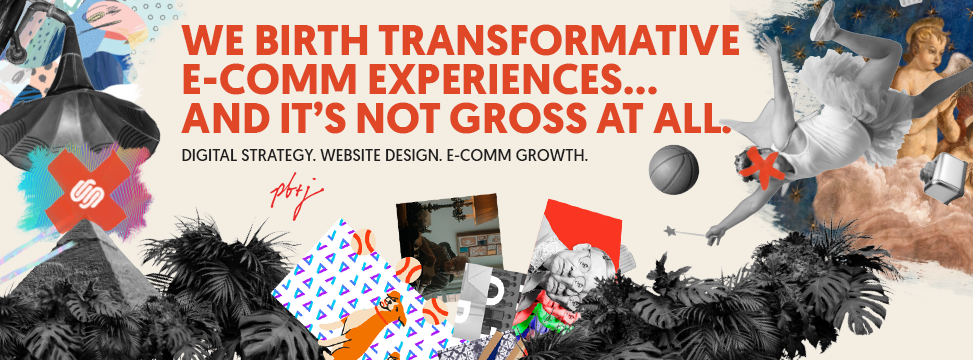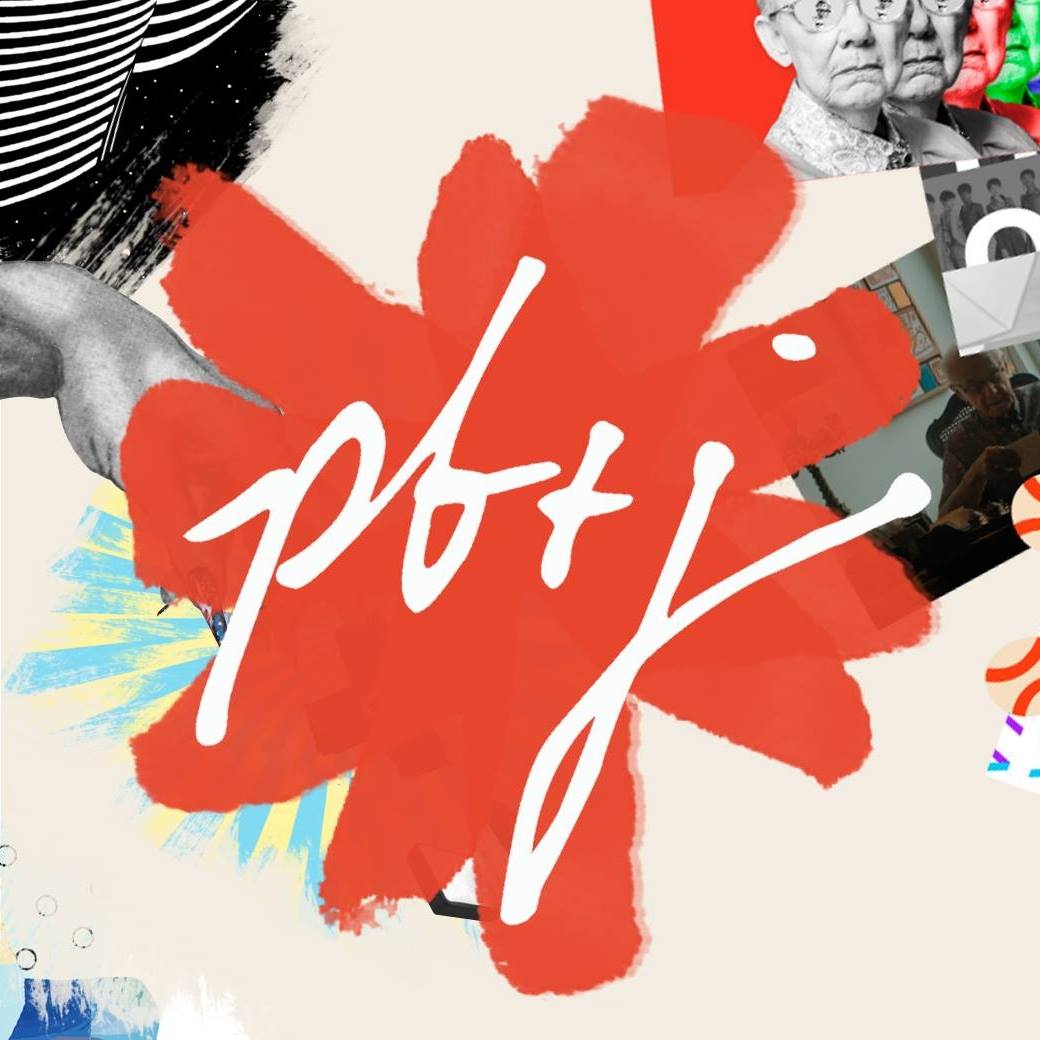

pb+j

Ontario, Canada
August 2023
Advertising & market research
Service with Minor Environmental Footprint
Canada
We get out of our jammies to make commerce joyful and human-centred by amplifying brands worth believing in. We create believers from bystanders through birthing kick-asspirational eCommerce encounters. pb+j is a leading eComm performance agency with expertise in helping DTC health + wellness, apparel + beauty, and Better-For-You brands achieve radical change and connection with a discerning audience—not to mention adding Million$ in YoY revenue and increasing impact and profit. With deep expertise in Digital Strategy, eComm Website Design and Development, UX/UI Design, Conversion Rate Optimization, Performance Optimization, Brand Identity, and Pun Mastery, we're your unfair advantage. We’re consistently a global Clutch leader in best-in-class eComm design, development, and strategy: Top 500 Global Companies, #1 eComm Agency—Canada ('21/'22), Top 10 eComm Agency—Global ('21), Top 500 B2B Companies—Global ('21), Top 2 eComm Developers—Canada ('21/'22), Shopify Expert Partner, and more. We're made for each other if you value the unnormal. Get in touch!
Overall B Impact Score
Governance 17.7
Governance evaluates a company's overall mission, engagement around its social/environmental impact, ethics, and transparency. This section also evaluates the ability of a company to protect their mission and formally consider stakeholders in decision making through their corporate structure (e.g. benefit corporation) or corporate governing documents.
What is this? A company with an Impact Business Model is intentionally designed to create a specific positive outcome for one of its stakeholders - such as workers, community, environment, or customers.
Workers 35.6
Workers evaluates a company’s contributions to its employees’ financial security, health & safety, wellness, career development, and engagement & satisfaction. In addition, this section recognizes business models designed to benefit workers, such as companies that are at least 40% owned by non-executive employees and those that have workforce development programs to support individuals with barriers to employment.
Community 22.8
Community evaluates a company’s engagement with and impact on the communities in which it operates, hires from, and sources from. Topics include diversity, equity & inclusion, economic impact, civic engagement, charitable giving, and supply chain management. In addition, this section recognizes business models that are designed to address specific community-oriented problems, such as poverty alleviation through fair trade sourcing or distribution via microenterprises, producer cooperative models, locally focused economic development, and formal charitable giving commitments.
Environment 13.4
Environment evaluates a company’s overall environmental management practices as well as its impact on the air, climate, water, land, and biodiversity. This includes the direct impact of a company’s operations and, when applicable its supply chain and distribution channels. This section also recognizes companies with environmentally innovative production processes and those that sell products or services that have a positive environmental impact. Some examples might include products and services that create renewable energy, reduce consumption or waste, conserve land or wildlife, provide less toxic alternatives to the market, or educate people about environmental problems.
Customers 3.4
Customers evaluates a company’s stewardship of its customers through the quality of its products and services, ethical marketing, data privacy and security, and feedback channels. In addition, this section recognizes products or services that are designed to address a particular social problem for or through its customers, such as health or educational products, arts & media products, serving underserved customers/clients, and services that improve the social impact of other businesses or organizations.